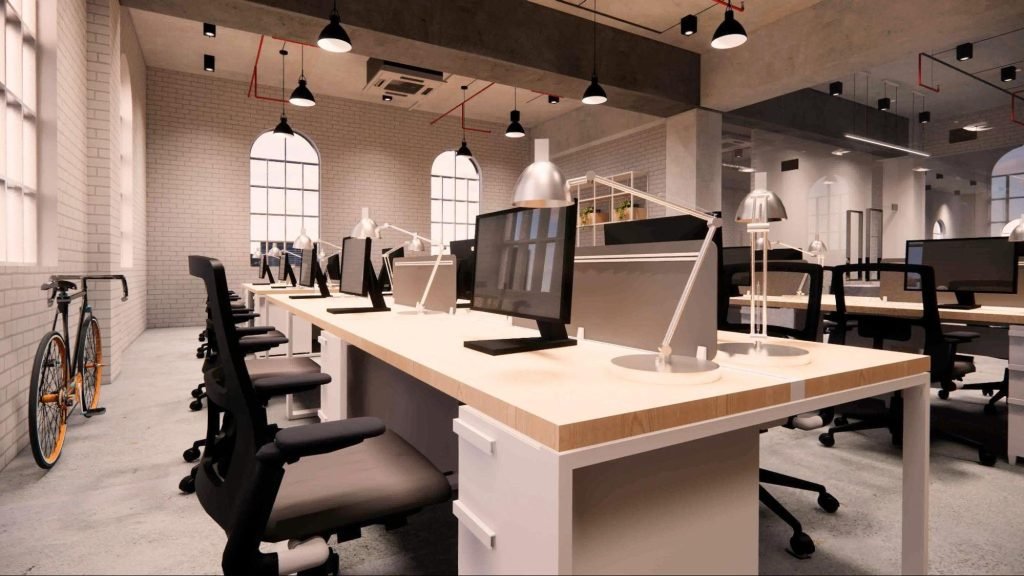Future-Proofing Your Office: Adapting to Changing Work Patterns and Technologies through Renovation

In today’s rapidly evolving work landscape, businesses need to be adaptable and forward-thinking to stay competitive. An essential aspect of this adaptability is future-proofing the office space. By anticipating and accommodating changing work patterns and technologies through a well-planned renovation, businesses can create an environment that fosters innovation, collaboration, and productivity. One key element to consider in this endeavor is the incorporation of private soundproof pods, which provide employees with quiet spaces for focused work or confidential conversations.
Work patterns have shifted significantly in recent years, with an increased emphasis on collaboration and flexibility. Open-plan office layouts have become popular, promoting interaction and idea sharing among employees. However, while open spaces facilitate collaboration, they may also lead to distractions and a lack of privacy. This is where private soundproof pods come into play.
Private soundproof pods are small, enclosed spaces designed to provide individuals with quiet areas for concentrated work, phone calls, or confidential meetings. These pods are equipped with soundproofing materials, ensuring that conversations or noise from within the pod are contained, allowing employees to work or engage in private discussions without disturbing others. By incorporating these pods strategically throughout the office, businesses can strike a balance between open collaboration and the need for privacy.
These pods offer numerous benefits. First and foremost, they provide employees with a dedicated space for focused work. In an open office, it can be challenging to find an area free from distractions, hindering productivity and concentration. Private soundproof pods offer a sanctuary for employees to tackle complex tasks or engage in deep thinking without interruptions, ultimately boosting their effectiveness and output.
Moreover, private soundproof pods cater to the need for confidentiality. Certain discussions, such as performance evaluations or sensitive client conversations, require privacy. These pods offer employees a secure and private space to conduct such discussions without the fear of being overheard. This confidentiality fosters trust among employees and ensures that sensitive information remains protected.
Furthermore, private soundproof pods accommodate different work styles and preferences. Not all individuals thrive in a bustling, open environment. Some require solitude and quiet to produce their best work. These pods cater to the needs of introverted employees or those who simply prefer a more tranquil setting. By offering a range of workspaces, including private soundproof pods, businesses can create an inclusive and supportive environment that values individual differences and preferences.
The incorporation of private soundproof pods also future-proofs the office by adapting to changing technologies. As the workplace becomes increasingly digital and remote work arrangements gain traction, the need for physical office spaces still persists. Private soundproof pods can serve as alternative workspaces for employees who occasionally work from the office or need a break from their usual workstation. Additionally, these pods can accommodate virtual meetings and video conferences, providing employees with a quiet and professional backdrop for remote collaboration.
Future-proofing the office is essential to adapt to changing work patterns and technologies. The inclusion of private soundproof pods in an office renovation addresses the evolving needs of employees by providing spaces for focused work, confidentiality, and individual preferences. These pods promote productivity, enhance collaboration, and create an environment that embraces the diverse needs of employees. By thoughtfully incorporating private soundproof pods into the office design, businesses can position themselves for success in the ever-evolving work landscape.